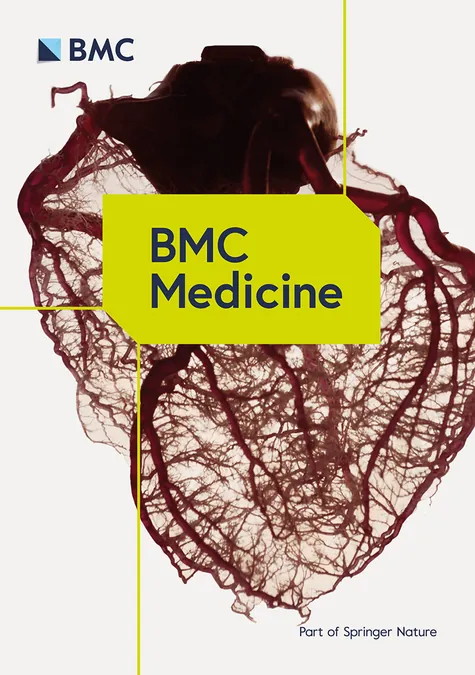
Pregnancy Complications: A Hidden Indicator of Future Heart Disease Risk
2025-08-29
Author: Wei Ling
Unveiling a Crucial Link
Recent research published in BMC Medicine has shed light on a pressing health concern: the relationship between pregnancy complications and future cardiovascular disease (CVD) risk in women. The study, led by Wambua et al., aims to enhance the QRISK®-3 risk model by incorporating pregnancy-related factors to better predict cardiovascular risk in postpartum women.
Staggering Statistics Behind Pregnancy and CVD
In a significant retrospective cohort study, only 0.38% of women encountered a cardiovascular event within 10 years after giving birth. This number highlights a vital insight: despite the seemingly low rate of events, pregnancy complications and specific female health conditions are linked to increased cardiovascular risks that traditional assessments might overlook.
Examining the Gaps in Current Risk Assessments
The prevailing risk prediction tools have often excluded reproductive-age women, which raises concern about their effectiveness. The study indicates that merely adding pregnancy complications to existing models, like QRISK®-3, did not substantially improve risk assessments. This could be due to the sample comprising both nulliparous and parous women, meaning the models may not accurately reflect the differing significance of predictors based on a woman's pregnancy experience.
Preeclampsia: A Key Indicator
Interestingly, the study revealed that women with a history of preeclampsia—a condition more frequent in first-time mothers—showed better calibration in the risk models. This underlines the need for a more nuanced approach to risk assessment that considers the unique experiences of different groups of women.
Implications for Postpartum Care
While the current findings suggest that pregnancy complications alone may not significantly heighten immediate CVD risk, they serve as critical warning signs. Women experiencing these complications should undergo thorough screenings, as traditional risk factors combined with reproductive history can pose a greater threat.
A Call to Action for Healthcare Providers
The International Federation of Obstetrics and Gynecology (FIGO) advocates for comprehensive cardiovascular risk screenings for all postpartum women who have faced pregnancy complications. Counseling on lifestyle modifications and targeted interventions is essential, regardless of the risk scores.
Seizing the Opportunity for Preventative Care
Failing to address these issues postpartum could result in missed opportunities for preventing future cardiovascular disease and addressing potential pregnancy complications. By investing in preventative care and education now, healthcare providers can significantly improve the long-term health outcomes for women.


 Brasil (PT)
Brasil (PT)
 Canada (EN)
Canada (EN)
 Chile (ES)
Chile (ES)
 Česko (CS)
Česko (CS)
 대한민국 (KO)
대한민국 (KO)
 España (ES)
España (ES)
 France (FR)
France (FR)
 Hong Kong (EN)
Hong Kong (EN)
 Italia (IT)
Italia (IT)
 日本 (JA)
日本 (JA)
 Magyarország (HU)
Magyarország (HU)
 Norge (NO)
Norge (NO)
 Polska (PL)
Polska (PL)
 Schweiz (DE)
Schweiz (DE)
 Singapore (EN)
Singapore (EN)
 Sverige (SV)
Sverige (SV)
 Suomi (FI)
Suomi (FI)
 Türkiye (TR)
Türkiye (TR)
 الإمارات العربية المتحدة (AR)
الإمارات العربية المتحدة (AR)